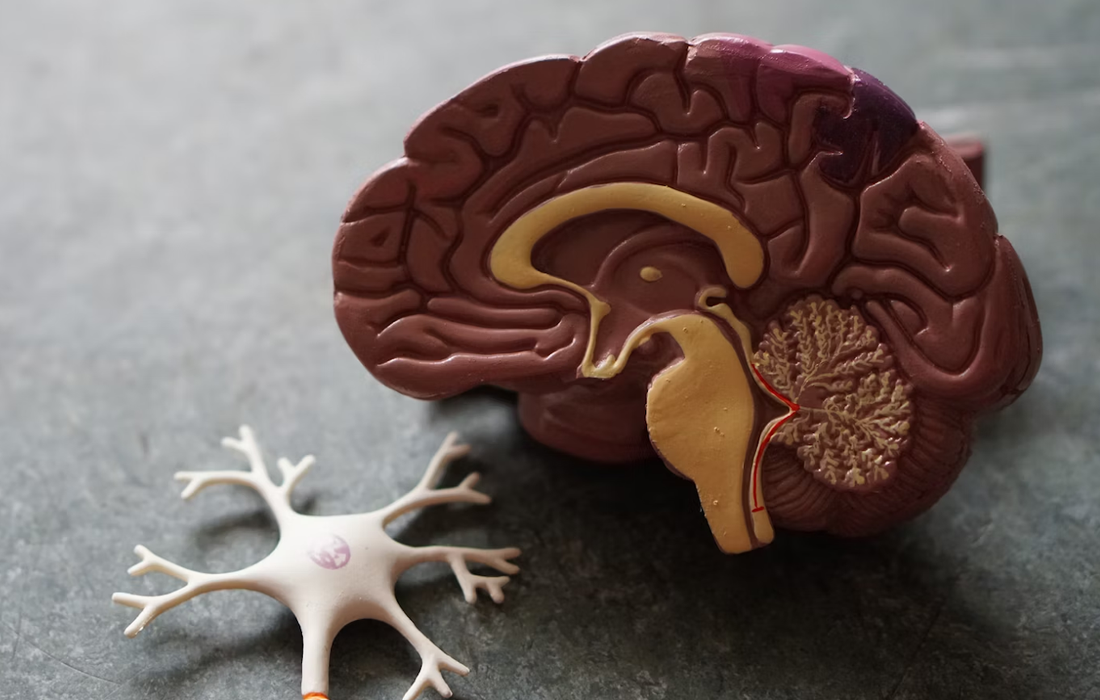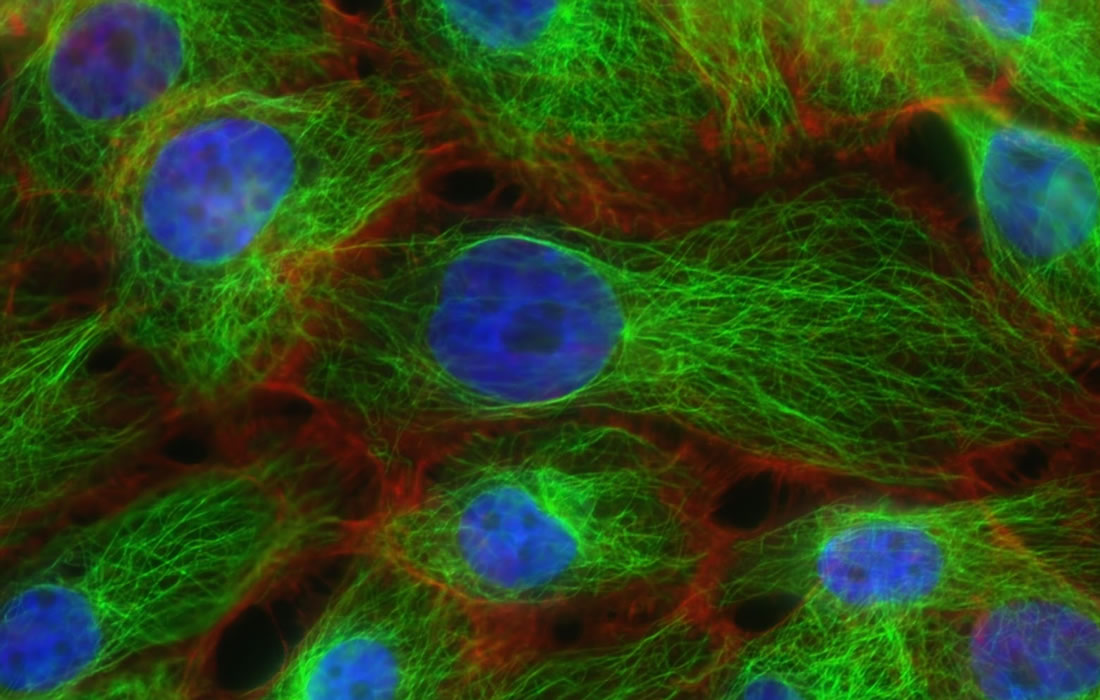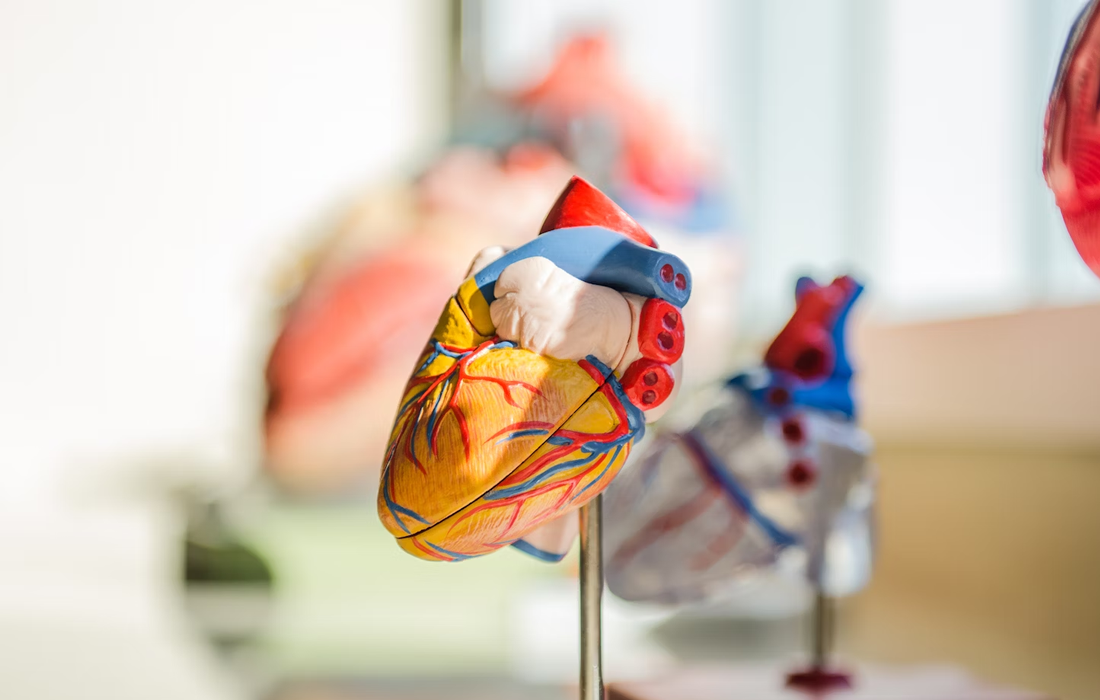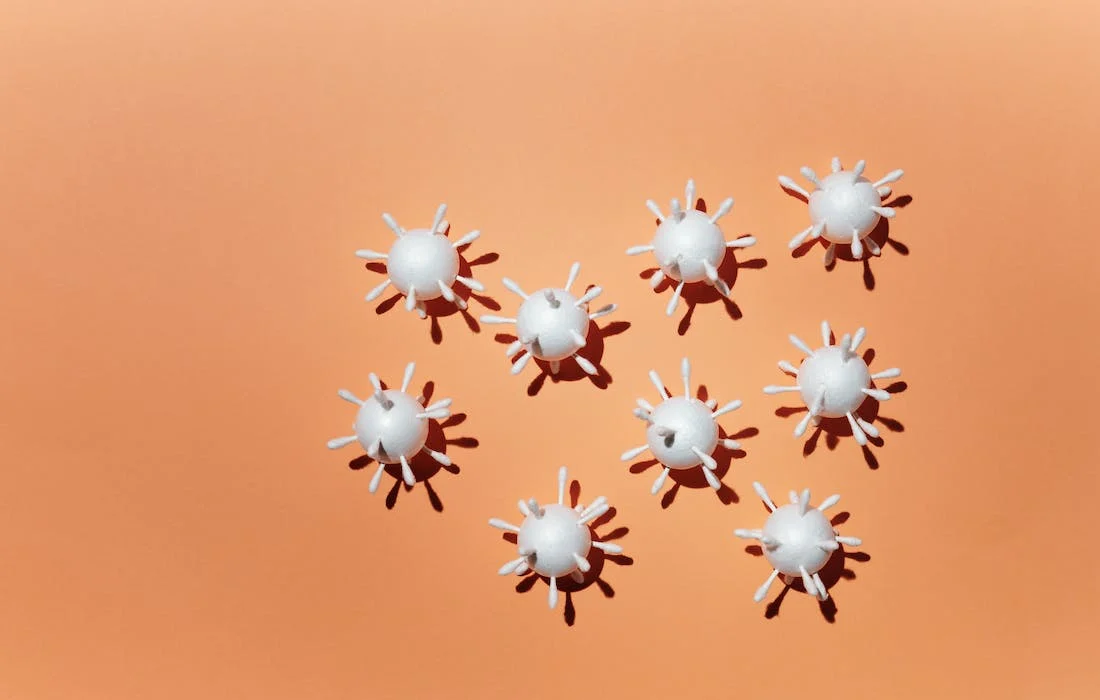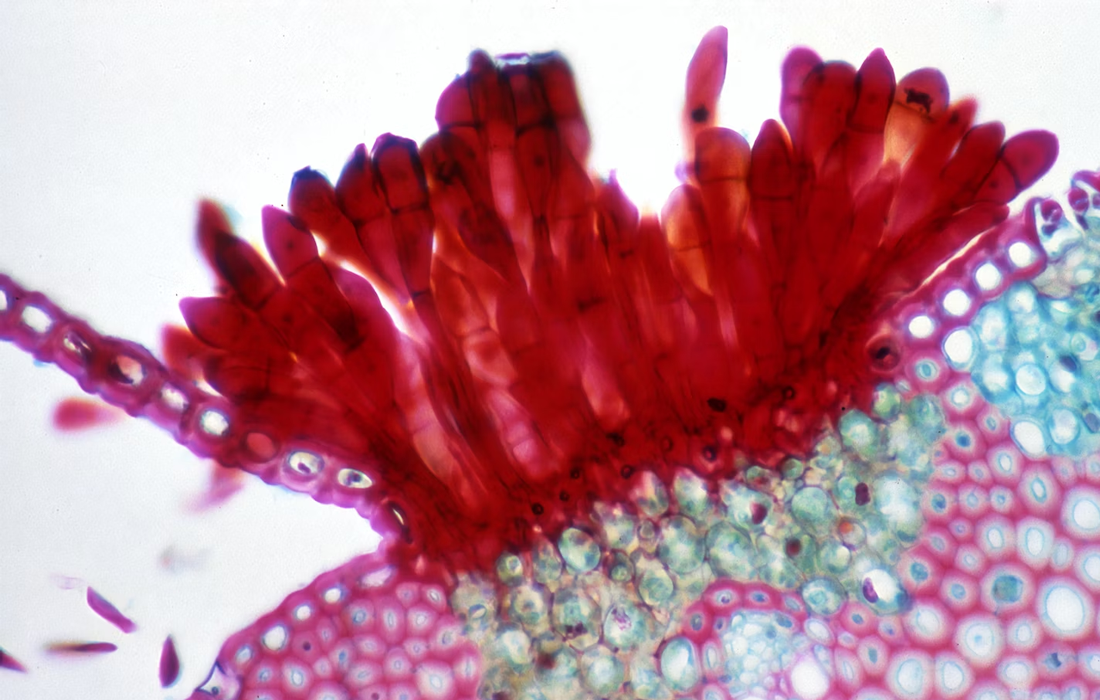Plastics — in particular, microplastics — are among the most pervasive pollutants on the planet, finding their way into the air, water systems and food chains around the world. While the prevalence of microplastics in the environment is well known — as are their negative impacts on marine organisms — few studies have examined the […]
Category Archives: Regenerative Medicine News and General Information
People with a recent diagnosis of atrial fibrillation (AF), the most common irregular heart rhythm, have a modestly higher risk of developing dementia than people without the condition, according to new research. Atrial fibrillation, typically a very rapid heart rhythm, can spur blood clots in the heart, increasing someone’s risk for stroke and heart failure, […]
Gene therapy that induces the body to create microRNA-22 (miR-22), a naturally occurring molecule, successfully treated mice with hepatocellular carcinoma, the most common form of liver cancer. MicroRNAs are small molecules that contain ribonucleic acid (RNA), a type of genetic material. MicroRNAs are widely found in plants and animals. They are “non-coding,” meaning they do […]
Duchenne muscular dystrophy (DMD) is a muscle degeneration disorder caused by mutations affecting the dystrophin gene. On August 24th, 2023 in the journal Stem Cell Reports, researchers show how a dual CRISPR RNA method restored dystrophin protein function in induced pluripotent stem cells derived from DMD patients. The approach worked by removing large sections of […]
Urine levels of adenine, a metabolite produced in the kidney, are predictive and a causative biomarker of looming progressive kidney failure in patients with diabetes, a finding that could lead to earlier diagnosis and intervention, researchers from The University of Texas Health Science Center at San Antonio (also called UT Health San Antonio) reported Aug. […]
Diabetes is a condition in which the body produces too little or no insulin. Diabetics thus depend on an external supply of this hormone via injection or pump. Researchers led by Martin Fussenegger from the Department of Biosystems Science and Engineering at ETH Zurich in Basel want to make the lives of these people easier […]
In a new study co-led by investigators at the United States Department of Veterans Affairs and Brigham and Women’s Hospital, a founding member of the Mass General Brigham healthcare system, a global team of scientists conducted one of the largest genetic association studies on heart failure to date. Using genomic data from over 90,000 heart […]
Immunotherapies for cancer aim to induce the immune system to combat cancer cells more effectively. In the journal Angewandte Chemie, a Chinese research team has now described a new, modular strategy for T-cell-based immunotherapy that manages to work without complex genetic modifications. Modulation of cell-cell communications through an ingenious regulatory circuit using various small, specially […]
A team of University of Minnesota Medical School researchers successfully tested a new antifungal therapy to treat fungal meningitis. The trial results were published in the peer-reviewed journal Clinical Infectious Diseases. The research team tested a new oral formulation of the antifungal medication amphotericin among people who had HIV and cryptococcal meningitis — a common […]
Traumatic brain injury is a significant cause of death worldwide and can cause long-lasting cognitive impairment and dementia in people who survive. While inflammation in other parts of the body can be addressed therapeutically, in the brain it is problematic due to the presence of the blood-brain barrier, which prevents common anti-inflammatory molecules from getting […]

